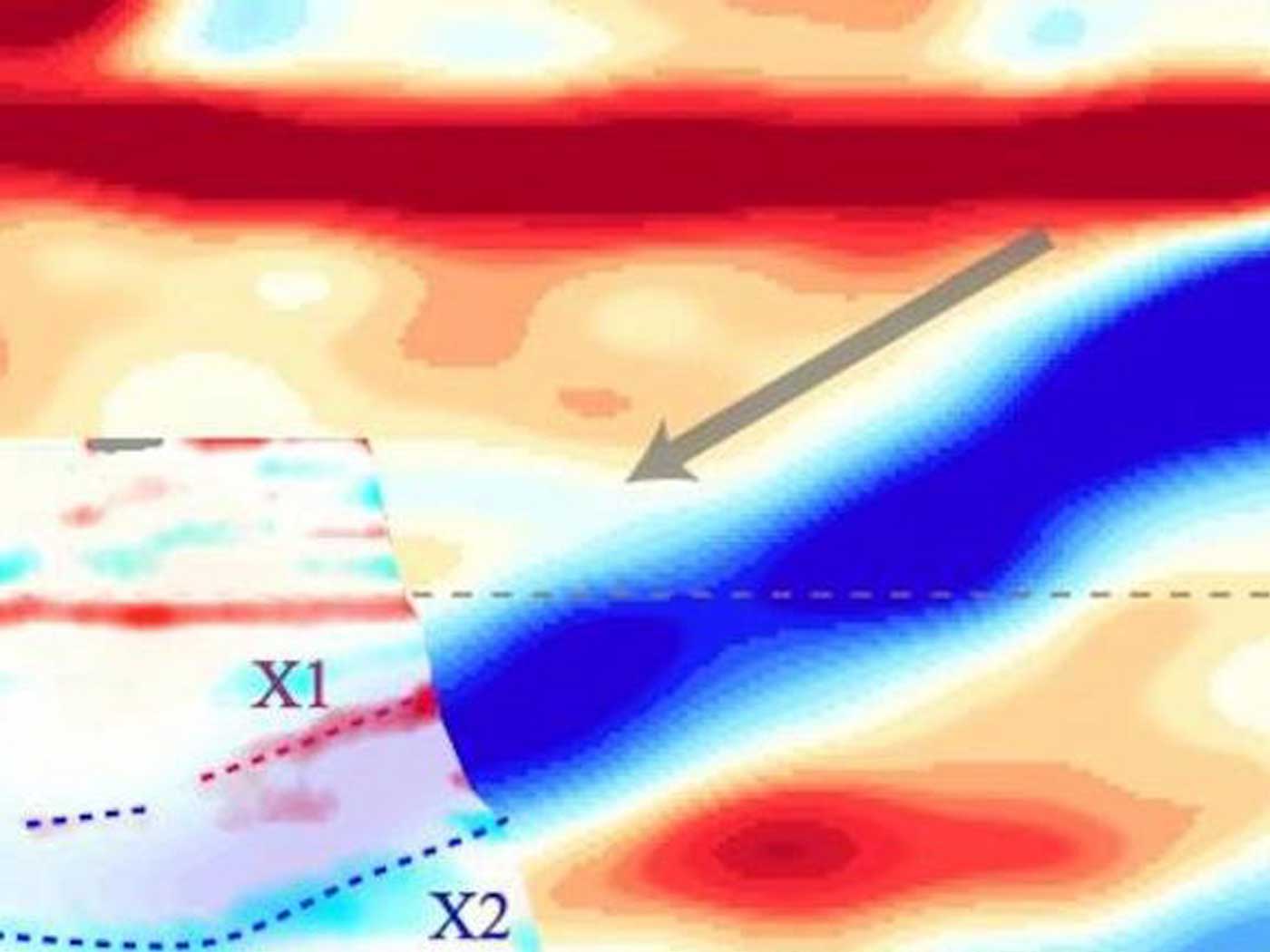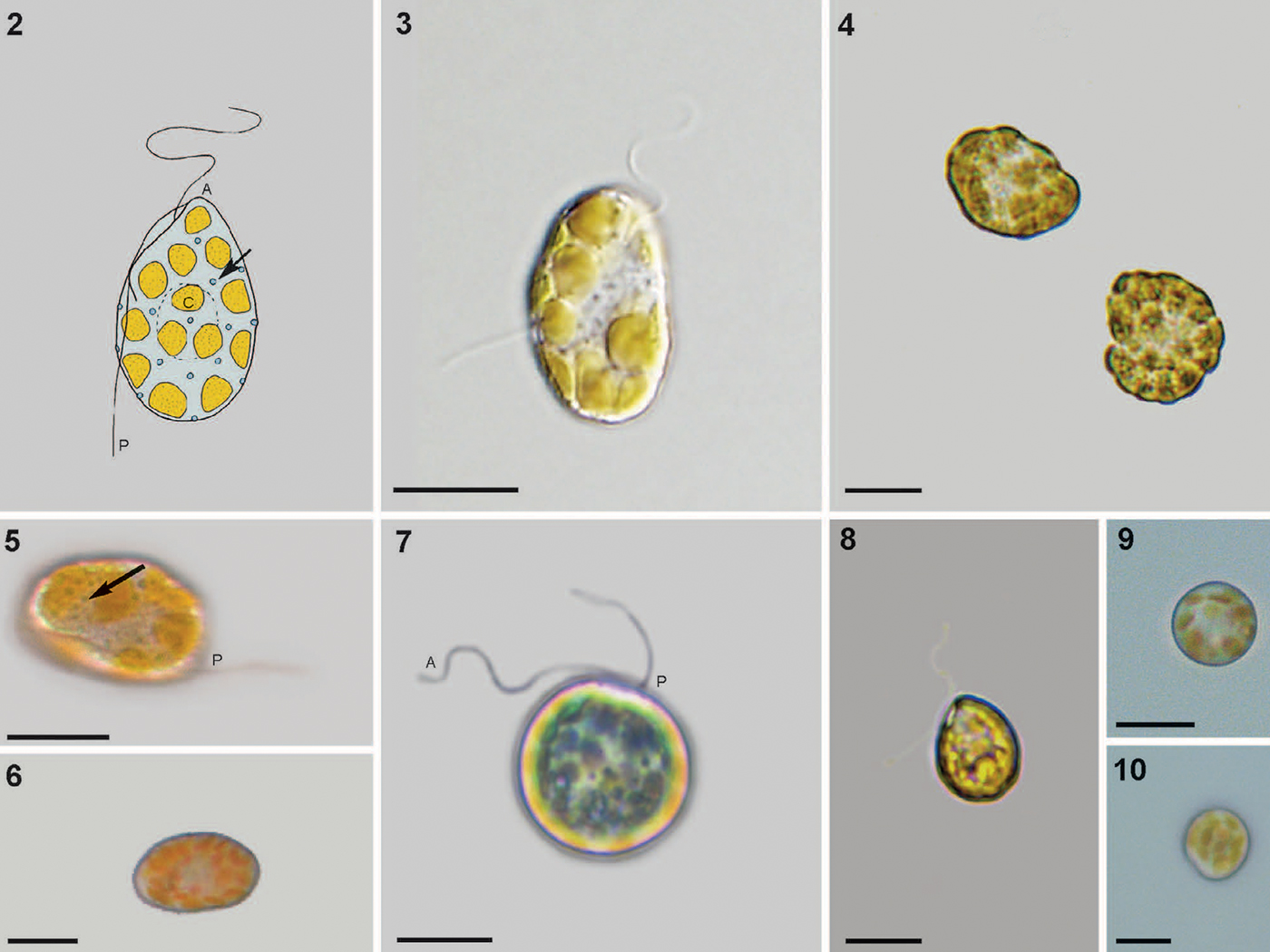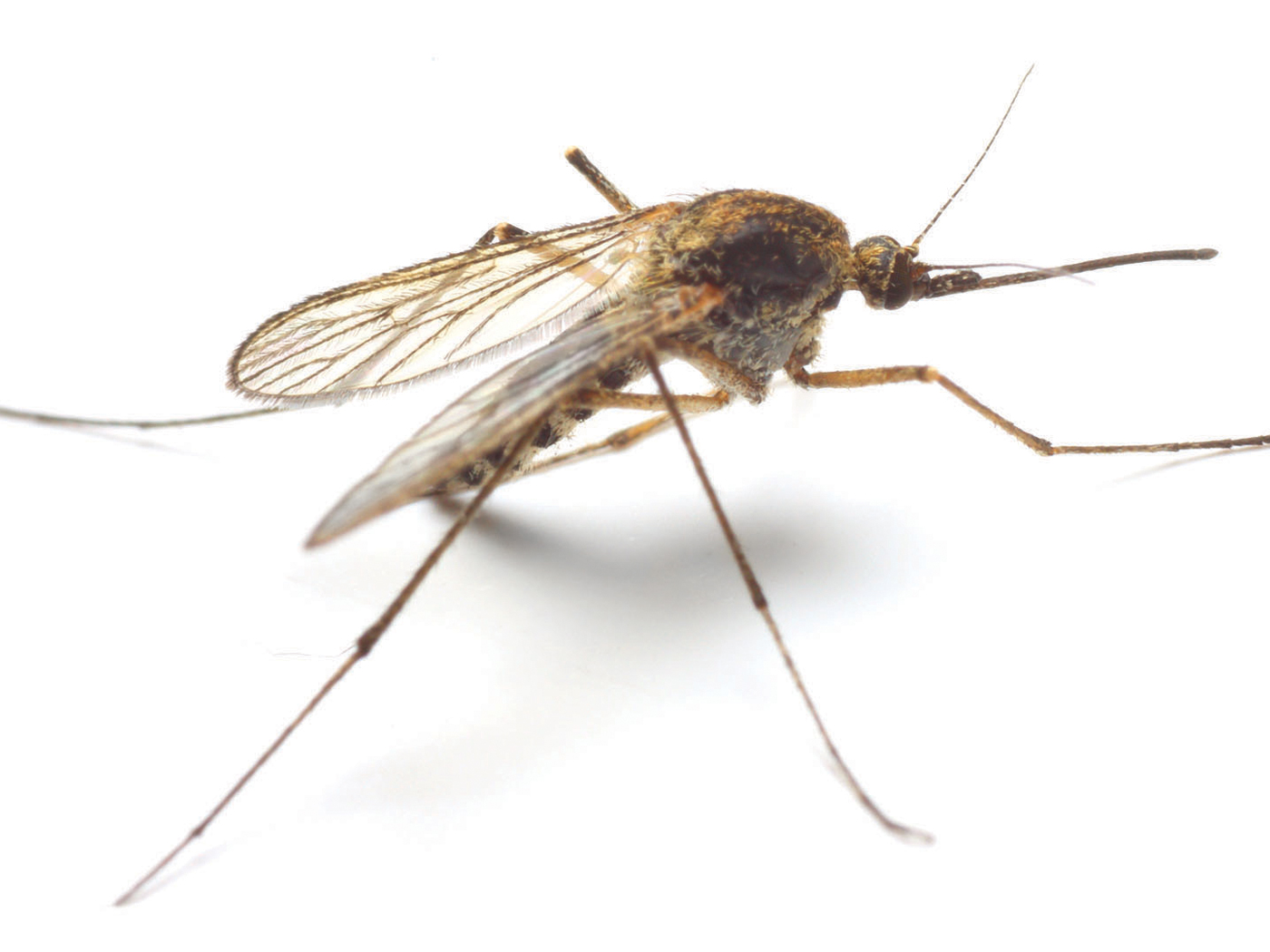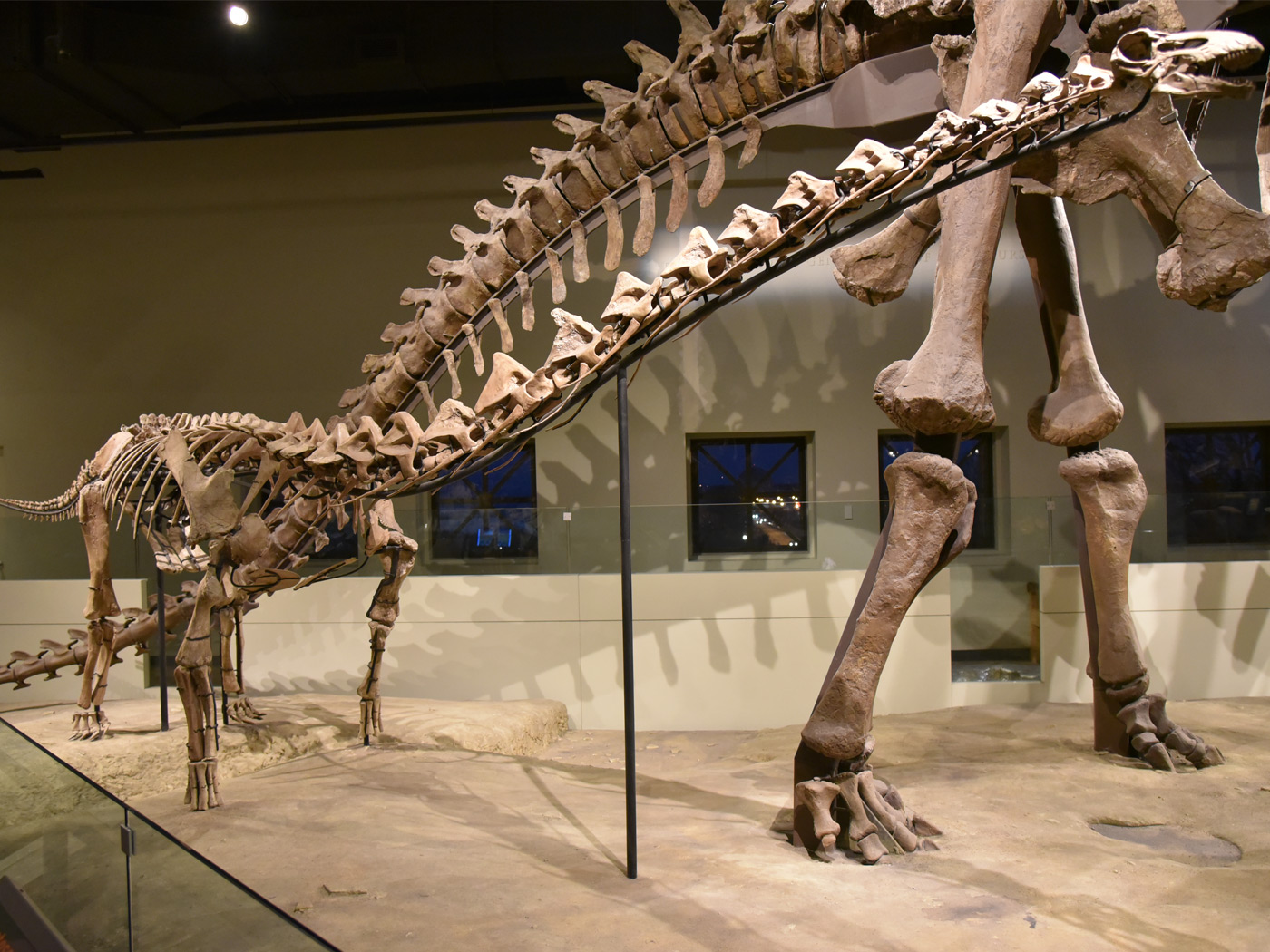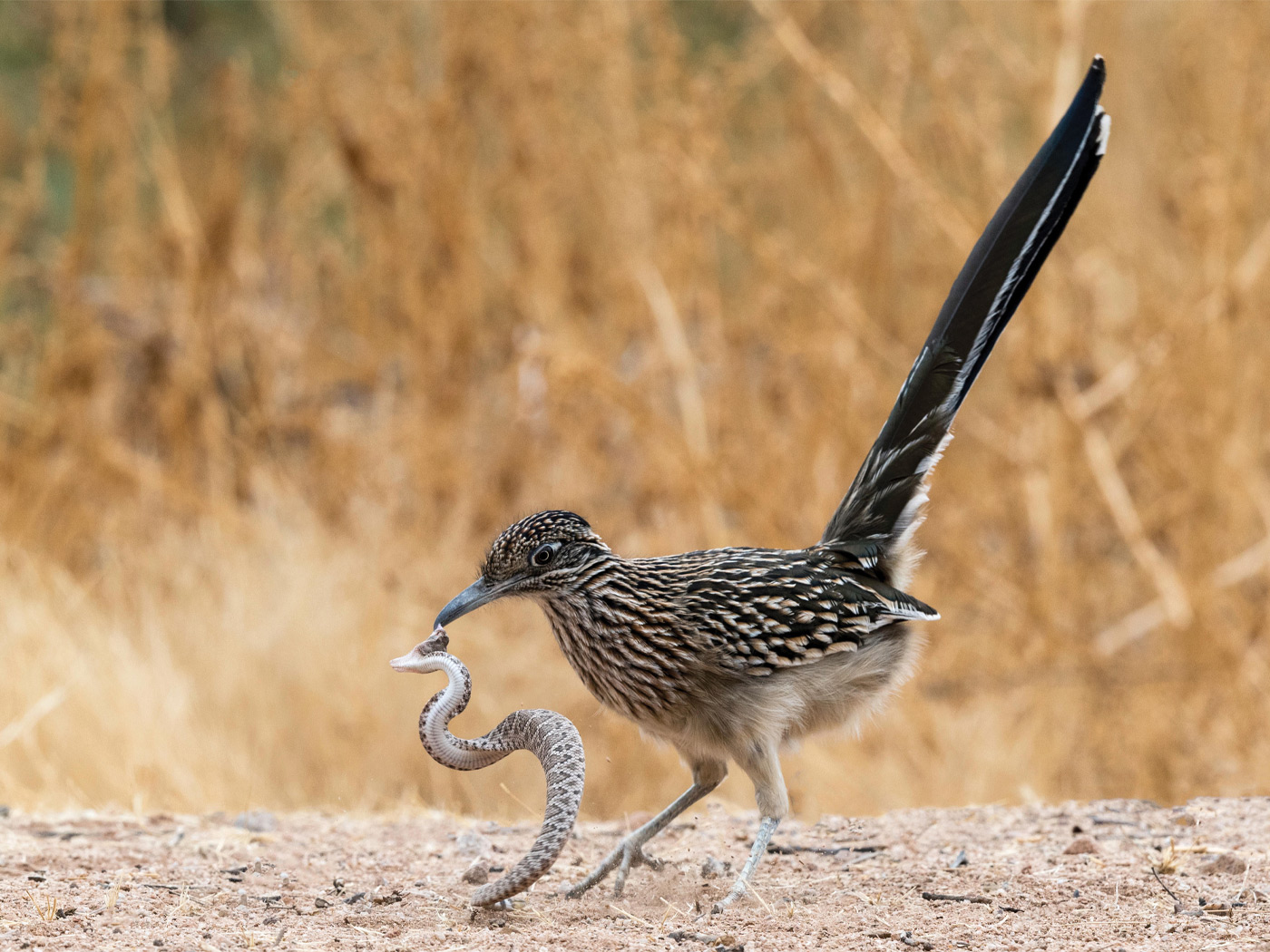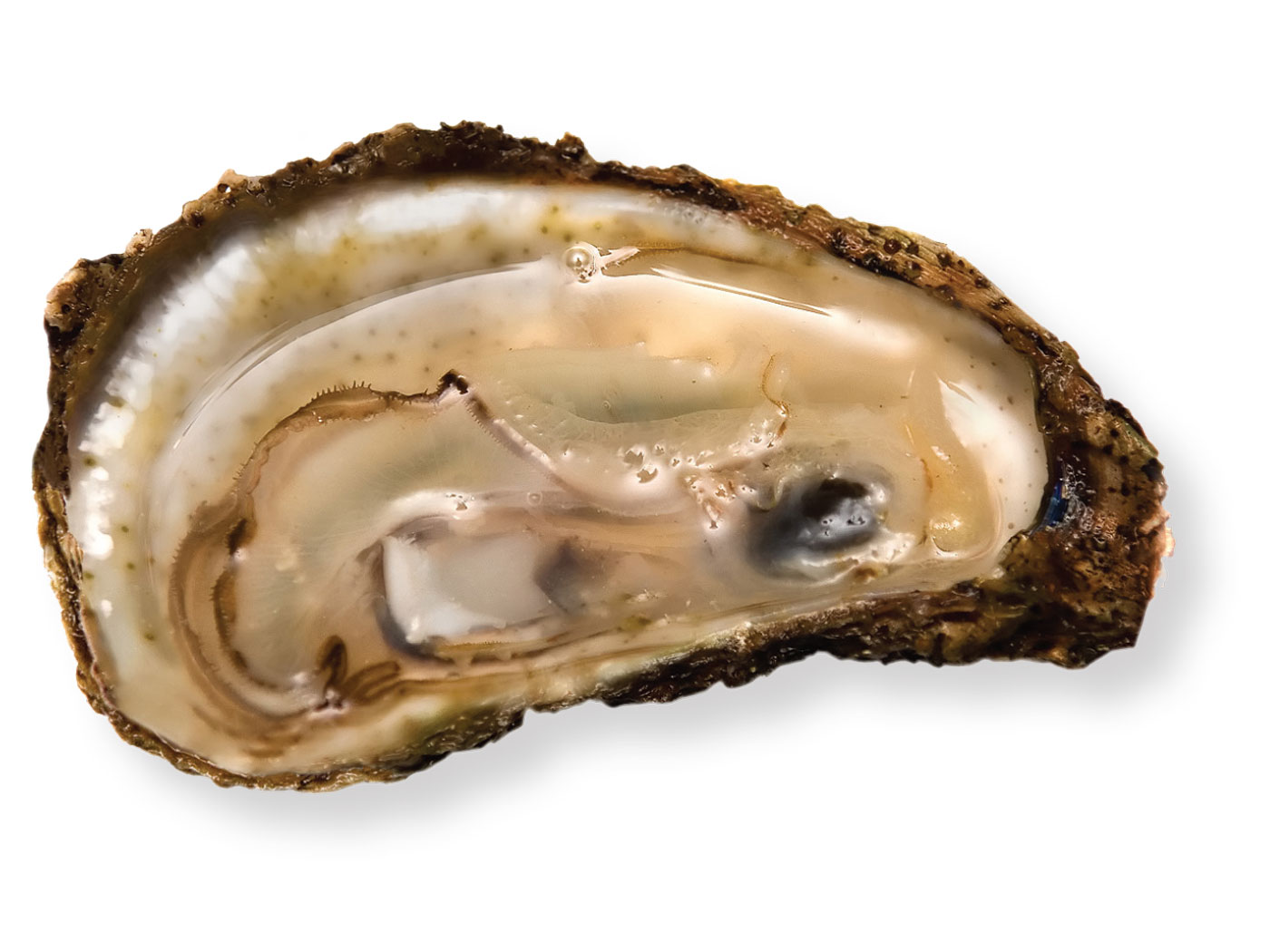On October 23, 1996, Pope John Paul II announced to the Pontifical Academy of Sciences that evolution was "more than a hypothesis," and sanctioned its study and teaching in Catholic circles. This was really nothing new. In 1950 the same academy recommended to the Pope that restrictions be relaxed. An encyclical resulted, giving Catholics great latitude in teaching evolution, as long as it was theistic evolution.
But even this was not enough, and over the years Catholic academicians have joined secular peers in lobbying for a total evolutionary view. In short, what is being demanded is total naturalism, with no supernatural involvement at all, identical to the strict naturalism of the secularist.
Consider the discussion of the 1950 encyclical in the 1986 Encyclopedia Britannica, vol. 18, pg. 997, under the entry "The Theory of Evolution." "The Vatican leaves open the question of the evolution of man's body, provided it be believed that the body was derived from other living matter, that all mankind is descended from one pair (Adam and Eve), that man's soul was created by God, and that evolution took place under the dispensation of Divine Providence. Science cannot comment on the soul, but the other provisos are unacceptable to evolutionary biologists."
The question is: Does compromise work? By adding long ages and evolution to the Biblical teaching of creation, does this satisfy evolutionists? As we can see from the encyclopedia, the answer is a clear no!
"Evolutionary biologists" find "unacceptable" the notion that man's body along with all life did not derive from non-living chemicals by strictly natural processes. The idea that all of humankind came from one pair, must also be rejected, even though recent DNA studies have concluded we all came from a single woman and a single man. Evolutionary biologists likewise reject the notion that evolution took place under "divine Providence." While many Christians try to combine evolution and creation, evolution is in essence, naturalism—the denial of the supernatural. Survival of the fittest, extinction of the less fit, bloodshed, etc.—these are not godly processes, leading those who accept evolution to reject the notion of God.
And this is the point. Evolutionary naturalism and Biblical theism are opposite concepts. They cannot both be true. Both are religious concepts about who we are—created by God and accountable to Him for our actions, or evolved through natural processes and fully autonomous in our decisions. Personal freedom is at stake in the origins debate, and this is why the attacks against creation are so vicious.
Perhaps today's Christian "quasi-creationists" can learn a lesson here. It does no good to compromise evolution and creation. In addition to being incompatible, such a compromise won't be acceptable to one's evolutionary colleagues. Nor is it allowable in Scripture.
My warning to my scientifically-minded Christian brothers and sisters is that compromise never works. Combining any form of long-age evolution with Christianity will not satisfy evolutionists, nor will it bring commendation from God or glory to Him.
Recent creation does have unanswered scientific questions. This is true of all science. But creation thinking has many wonderful answers. I appeal to all creationist scientists to pitch in and help solve the remaining questions, compromising neither science nor Scripture.
* Dr. John Morris is President of ICR.





